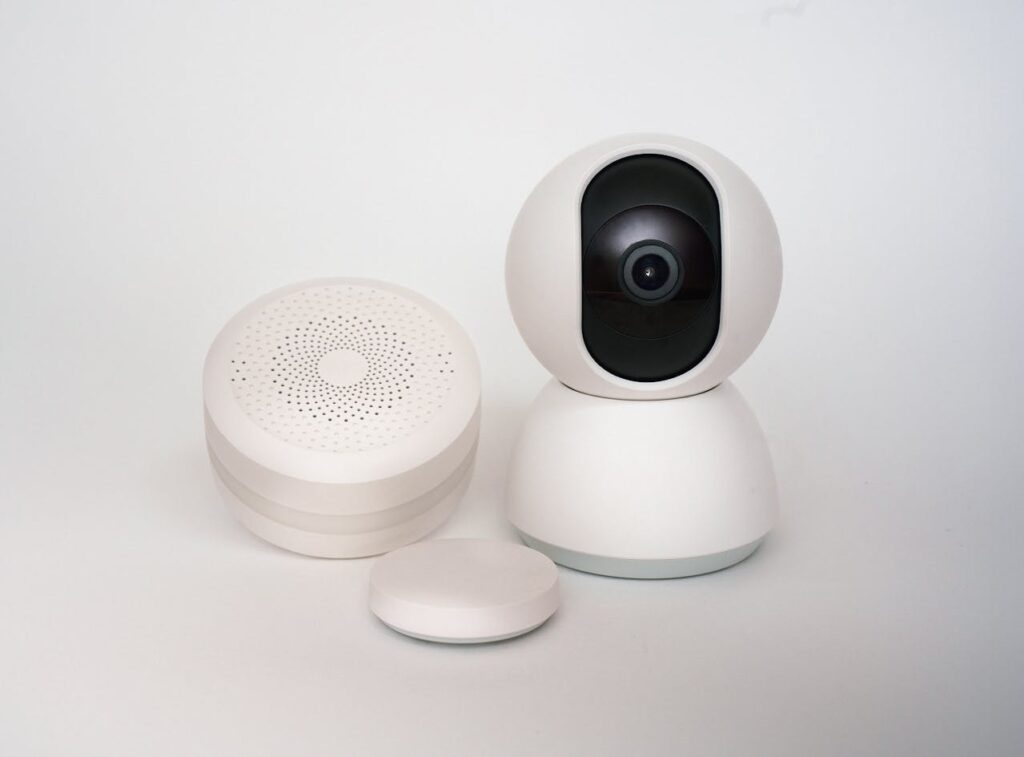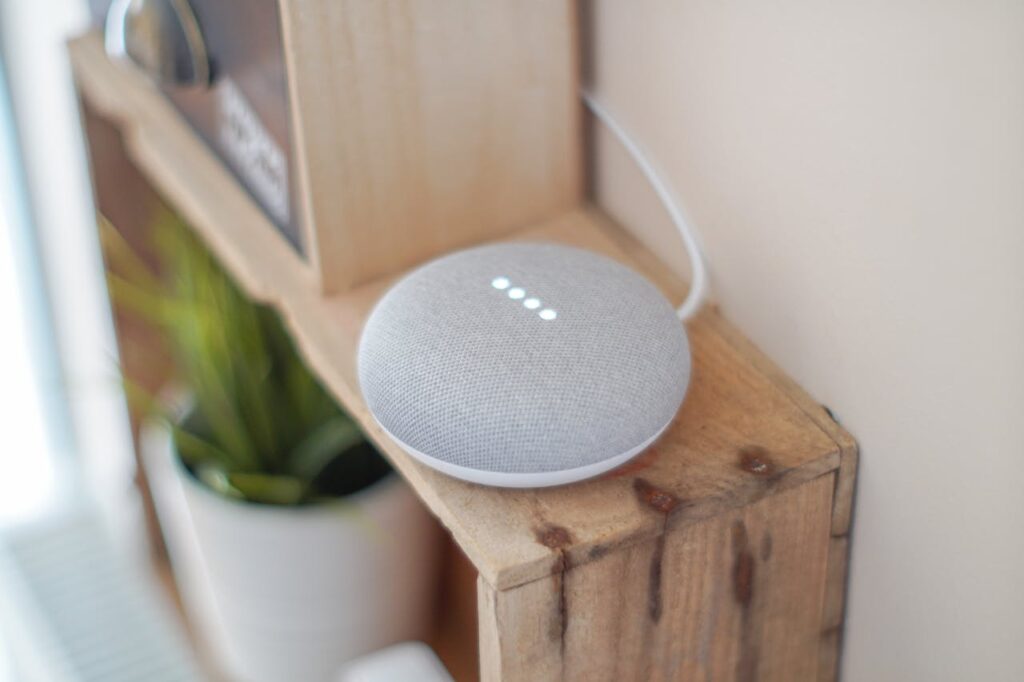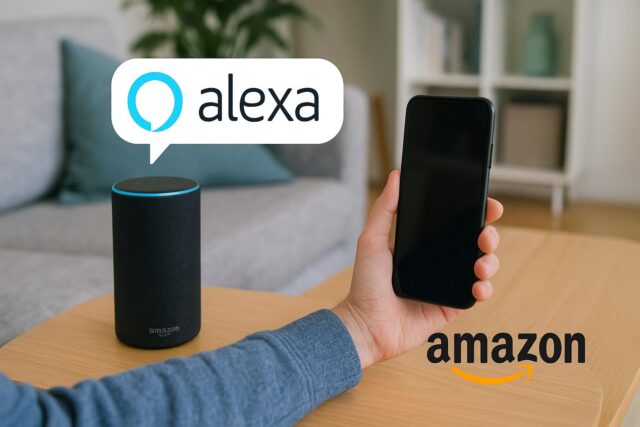Amazon’s recent launch of Alexa+, an advanced AI-powered voice assistant, has stirred excitement and skepticism.
Designed to simplify daily tasks, Alexa+ allows users to order groceries from Whole Foods Market and other partnered stores using just their voice, eliminating the need for a smartphone.
While this innovation promises convenience, it has also sparked debates about privacy, cost, and the growing reliance on technology.
Features of Alexa+
Alexa+ represents a significant upgrade from Amazon’s previous voice assistant offerings. It aims to provide a more personalized and interactive experience, integrating seamlessly into users’ daily lives. Here’s a closer look at its standout features:
Voice-Activated Grocery Ordering: One of the most talked-about features is the ability to order groceries entirely through voice commands. Users can simply tell Alexa+ what they need, and the assistant will place the order with Whole Foods or other partnered stores. This feature is designed to save time and streamline shopping, especially for busy individuals or families.
Delivery Scheduling: Alexa+ offers flexibility by allowing users to schedule deliveries conveniently. Whether you need groceries delivered immediately or at a specific time, the assistant can accommodate your preferences, making it easier to manage household needs.

List Management and Recipe Assistance: Alexa+ helps with meal planning beyond ordering. It can store shopping lists and recall recipes, making it a handy tool for those who enjoy cooking. For instance, you can ask Alexa+ for a recipe, and it will read it out and add the necessary ingredients to your shopping list.
Smart Home Integration: Alexa+ isn’t just about groceries. It is a centralized hub for managing smart home devices, from thermostats to security cameras. This integration allows users to control their home environment using voice commands, enhancing convenience.
Alexa+ is available at no additional cost for Amazon Prime members, while non-members pay a monthly subscription fee of $19.99. This pricing model has been discussed, with some users questioning whether the benefits justify the cost.
Is Alexa+ Too Good to Be True?
Despite its innovative features, Alexa+ has faced its share of criticism. While some users applaud the convenience, others have raised valid concerns about privacy, cost, and the broader implications of relying on AI for everyday tasks.
Privacy and Security: One of the most significant concerns is privacy. Alexa+ requires access to personal data, including shopping habits, voice recordings, and household routines.
Critics worry about how Amazon uses this data and whether it could be vulnerable to breaches. For instance, if Alexa+ is always listening to process voice commands, what safeguards are in place to protect user privacy?
Overdependence on Technology: Another criticism is the potential for overdependence on AI. Users may become less engaged in the process by relying on Alexa+ for tasks like grocery shopping, potentially diminishing basic skills like meal planning and budgeting.

Excessive reliance on technology could reduce human interaction, further isolating individuals in an already digital world.
Subscription Model: The $19.99 monthly fee for non-Prime members has also been a sticking point. While Prime members enjoy the service for free, others feel the cost is too high, especially compared to traditional grocery shopping methods. Critics argue that the convenience of voice-activated shopping may not be worth the price for everyone.
Users have engaged in detailed conversations about Alexa’s evolving functionalities. Some have expressed frustration over Amazon discontinuing certain features, while others have debated the merits of Alexa+.
Platforms like Twitter and Facebook have also seen a mix of reactions. Some users praise Alexa+ for its convenience, while others share memes and jokes, labeling the technology as “ridiculous” or unnecessary. These platforms often serve as a barometer for public sentiment, highlighting the excitement and skepticism surrounding new tech.
However, the mixed reactions it has received underscore the challenges of balancing technological innovation with user concerns about privacy, cost, and the role of AI in personal spaces.
As Alexa+ continues to roll out, its success will likely depend on how Amazon addresses these concerns. Will the company implement stronger privacy safeguards? Will it adjust its pricing model to make the service more accessible? Only time will tell.
For now, Alexa+ serves as a fascinating case study in the evolving relationship between humans and technology, reminding us that even the most advanced innovations must align with user needs and values to succeed truly.










